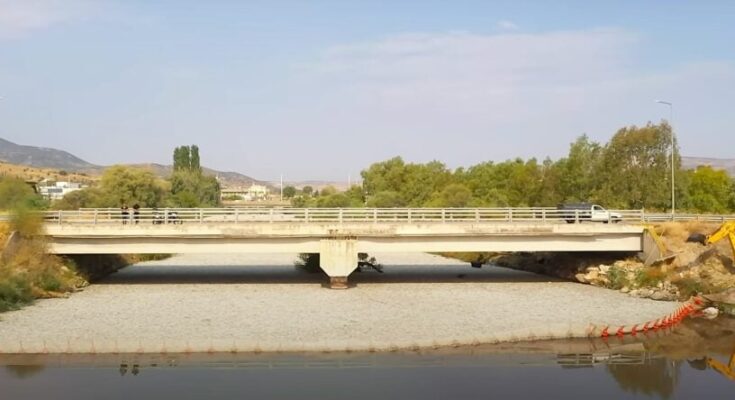
The Municipality of Volos in Greece urges people to avoid swimming after massive amounts of dead fish appeared in its sea.
Volos is a popular mainland destination and port city in central Greece, which has been overwhelmed by a rare and appalling phenomenon of tons of dead fish being washed off of its shores.
A staggering amount of dead fish has been cleared so far. However, the situation remains critical, with the local municipality now urging locals and visitors alike to avoid swimming in the (otherwise) beautiful beaches of the region.
The warning was issued by the regional governor of Thessaly and the Municipality of Volos. It applies to beautiful beaches within the city as well as in the surroundings. More specifically, the municipality of Volos, Greece advises people to avoid swimming in the beaches of Anavros, Xenia, Agria, Plakes, Pefkakia (municipal beach of Volos), Alykes, Amarillys, and Amfanon.
Greece’s Supreme Court orders investigation on Volos’ dead fish
On Thursday, Greece’s Supreme Court prosecutor Georgia Adelini ordered an urgent investigation into the reason behind the massive amounts of dead fish in Greece’s city of Volos.
This unprecedented environmental disaster that struck Volos and the broader region in central Greece prompted the initiation of an urgent investigation by the country’s Supreme Court.
The scene, which has been devastating to look at, includes tons of dead fish blanketing the entire coastal area of the Pagasetic Gulf. People from Volos have been complaining that the odor is becoming increasingly worse, as higher temperatures lead to faster decomposition of dead fish.
According to experts from the broader area of Magnesia and Thessaly, the fish were from the nearby Lake Karla, which used to be an environmental oasis for the entire region of Thessaly.
The consequences of this event are grave, not only in terms of optics for the city but also in relation to public health. Prosecutor Adelini has ordered a preliminary investigation to determine the cause of this catastrophic event, as, despite media speculation, it remains unclear.
Is last year’s flooding to blame?
According to maritime experts, one reason behind this phenomenon of massive amounts of dead fish accumulating in the port of Volos Greece, could be the uncontrolled displacement of freshwater fish towards the sea during the severe flooding disaster that struck Thessaly and Volos last year.
The region of Volos received huge amounts of rainwater, something that caused unprecedented flash flooding not only in Volos but across the region of Thessaly. Cities, towns, and villages in nearby Larissa, Karditsa, and Trikala suffered tremendously from last September’s floods.
This intense phenomenon of September 2023 forced the fish into the Pagasetic Gulf and the Aegean Sea, where the saltwater proved fatal to the freshwater fish species that could not survive in seawater.



